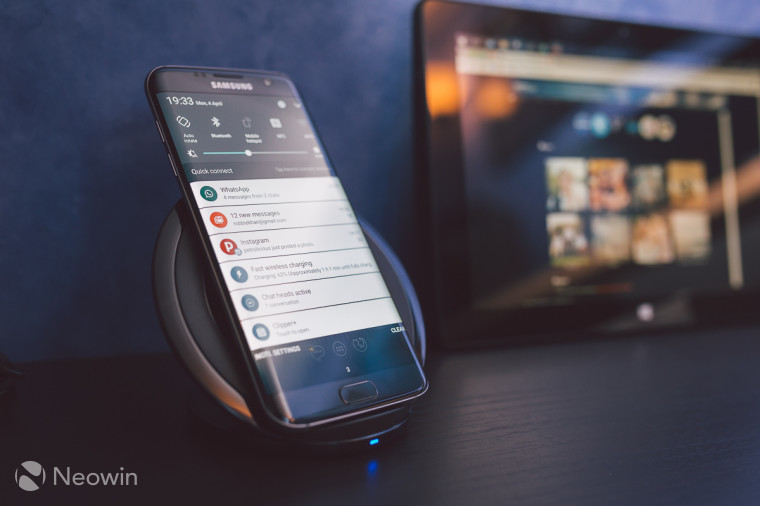
For years, we’ve watched how our personal computing devices have become better and better at a dizzying speed. But one aspect that’s still laughably bad is battery life, thanks to reliance on decades-old technology which has only seen gradual improvement. Now scientists have developed a breakthrough solution for this problem, developing a type of battery that could last for a whole week while being charged in seconds.
Researchers at the University of Central Florida (UCF) have a created a process whereby they combine the best aspects of regular batteries: stability, long discharge times and convenience, with the best features of capacitors: very quick charge times, long cyclic stability. This type of battery has been tried numerous times before, and many scientists and engineers believes it has a lot potential in revolutionizing the entire field.
But what the UCF researchers managed to do in their tests, was to create these so-called super-capacitors, using nanomaterials and 2D materials, like graphene. They explained:
There have been problems in the way people incorporate these two-dimensional materials into the existing systems ― that’s been a bottleneck in the field. We developed a simple chemical synthesis approach so we can very nicely integrate the existing materials with the two-dimensional materials.
They put the process to the test and managed to create a battery that could last for more than a week, charge in a matter of seconds, and handle up to 30,000 discharge cycles, an order of magnitude above existing lithium-ion models.
Though still not ready for commercialization, the process developed by the UCF scientists may pave the way for a future where battery lives are of no concern to most of us.
Source: ACS Nano Via: Huffington Post



















45 Comments - Add comment